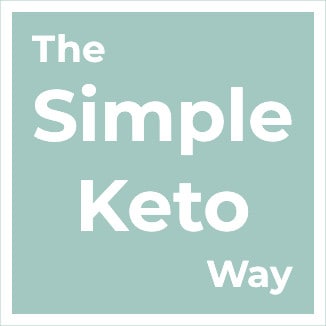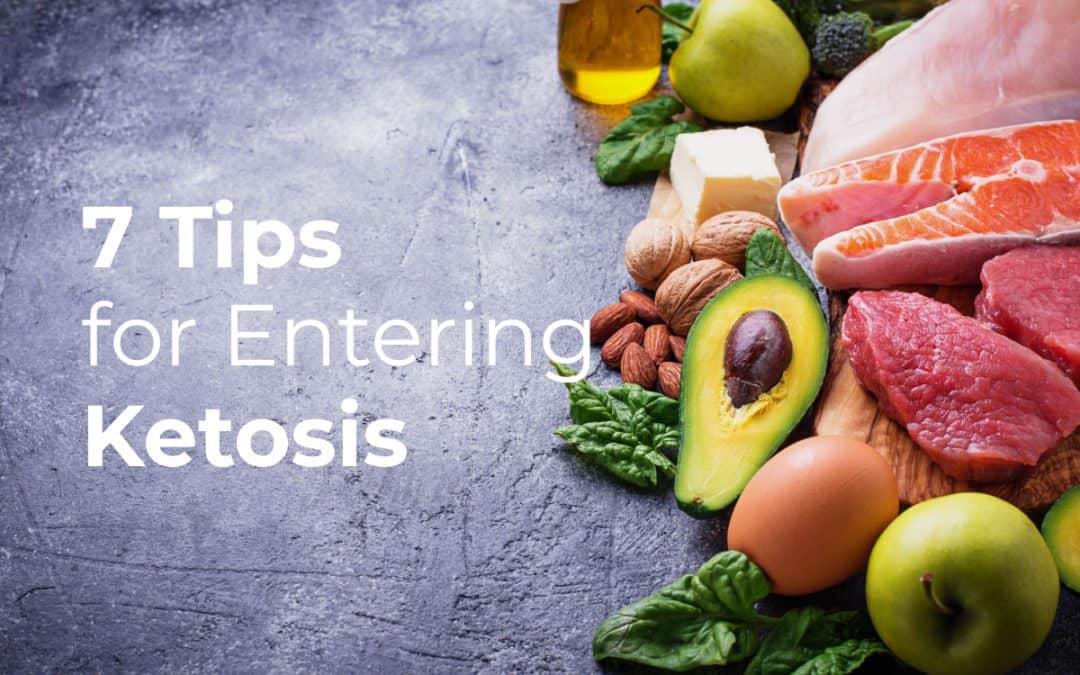Ketosis is a natural metabolic state in the body that helps burn fat with the use of ketones.
In most Western diets, carbohydrates are consumed more often than fat. That can make it increasingly difficult for anyone who has insulin-resistant bodies or metabolic disorders to get their weight under control and to a healthy number.
The Ketosis or Keto diet was initially discovered in the early 1900s and used to help treat children who experienced uncontrollable seizures. Since then, keto has been proven effective for weight loss and to help existing neurological issues and disorders.
Before you jump into the keto diet, however, it is crucial to understand the process in its entirety. Using the following few tips will help get your body into ketosis as quickly as possible while committing to your new way of life.
- Reduce Carb Consumption
One of the biggest proponents of the keto diet is the reduction and elimination of carbohydrates from the everyday diet. On average, Americans typically consume anywhere from 200g to more than 400g of carbs daily.
With the keto diet, it is recommended to avoid going over 20g of carbohydrates every day, especially while you are transitioning your body into ketosis for the first time.
If you have experience with being in ketosis or have been living a keto way of life for years, your daily carbohydrate intake may go up to 50g. Depending on the source as well as your body’s response, that number can sometimes be more than 100g.
When you are planning your next grocery store trip, keep the following tips in mind:
- Labels: Learn to read nutritional labels whenever you are shopping for foods or specific ingredients. When you have a better understanding of how to read and interpret food nutrition labels, it is much easier to find foods and ingredients that fit with the keto way of life.
- Skim the Store: Avoid shopping in the center aisles of grocery stores as much as possible. The center aisles of grocery stores stock processed and boxed foods, which contain chemical ingredients that are off-limits on keto.
- Shop Like a Caveman: One of the biggest appeals of the keto diet is its simplicity. The next time you are wandering your local grocery store, shop as if you are a caveman. If you would not have the ability to find or make the food you are buying in the wild, consider skipping it for a healthier alternative. Nearly all keto foods include natural foods with minimal additives or processed ingredients.
- Increase Healthy Fat Intake
Yes, the keto diet does require you to drastically increase your fat intake while minimizing or eliminating your carbohydrate consumption altogether. However, it is essential to distinguish between healthy fats and unhealthy fats.
While it is possible to live a keto lifestyle solely on meat and eggs, your body should incorporate additional healthy fats. A few examples of those include:
- Avocados: One of the best sources of healthy fats there is.
- Cheese: Many types of cheese provide healthy and natural fats. It is possible to use shredded or processed cheese. But, opting for blocks of whole organic cheese minimizes the number of preservative chemicals you eat while transitioning your body into ketosis.
- Fish: Fatty fish such as salmon is an excellent source of healthy fat.
- Dark Chocolate: Steer clear of processed milk chocolate candy and, instead, opt for dark chocolate with minimal added ingredients.
Keto requires a massive reduction in carbohydrate intake. Still, it is possible to enjoy your favorite sweets in moderation, and by choosing foods that are whole and use fewer preservatives.
When searching for a chocolate that you can enjoy, fall back on your ability to understand nutrition labels. Subtract the amount of fiber in grams from the carbohydrates in each serving to calculate the net carbs of the chocolate you are interested in having.
Knowing to quickly calculate the net carbs of any food you are thinking of purchasing makes you feel confident as you move through the process of transitioning into ketosis.
- Consume Enough Protein
Consuming enough protein is vital when you are living a keto lifestyle, even if you are already fit or in shape. Without adequate protein, you may begin to lose muscle mass and feel extremely fatigued and unable to complete everyday tasks.
Before you start your keto way of life, it is highly advisable to seek out a macro calculator. It can help you figure out the number of carbs, fats, and protein you need each day based on your current height, weight, and activity level.
- Increase Physical Activity
It’s theoretically possible to lose weight with any diet by simply cutting calories and watching your food intake. But, a bit of exercise can be a huge help, especially when you want to enter ketosis.
Get your body moving by walking or exercising for at least 30 minutes a day. As your body is transitioning into ketosis, exercising may help to speed up the process.
- Incorporate Coconut Oil Into Your Diet
One of the healthiest and most preferred fats by keto dieters includes coconut oil. Replace your vegetable or olive oil with it. Coconut oil is not only healthy for the body and skin, but it provides plenty of healthy fats that can help to kickstart your body into ketosis.
If you are not a fan of cooking with coconut oil, one option you have is to eat a tablespoon of organic coconut oil each day. You should, however, make sure doing so fits with your current macros.
- Try Fasting
Fasting is optimal for anyone who is already in ketosis or looking to transition their bodies into that state. For some of us, the process of ketosis may begin in as little as two weeks. This can happen even if you have zero prior experience with the keto lifestyle.
However, for most who are living a keto way of life, ketosis may require anywhere from 6 to 8 weeks to become fully effective.
- Test Ketone Levels and Adjust Diet Accordingly
One way to check your progress as you transition into keto is to utilize ketone sticks or strips.
Ketosis testing kits show the level of ketones in your urine. You can use them to figure out if your body has fully adjusted to ketosis or whether you are still getting there.
While ketone testing kits are optional, they can be very helpful, especially if you’re unfamiliar with the process or want complete accuracy during the transition.
While the keto diet may not be for everyone, it is one way to anyone struggling to lose weight. If you have metabolic or insulin-related medical issues, keto may be able to help you too.
As with any diet or lifestyle change, always speak with your doctor or nutritionist before embarking on keto.

